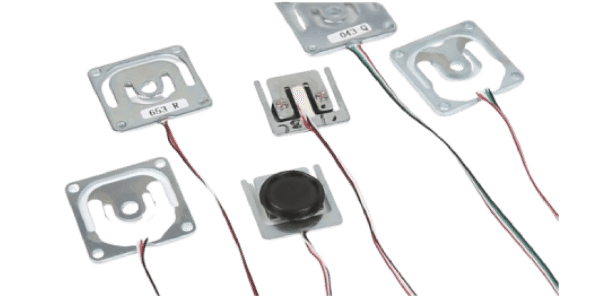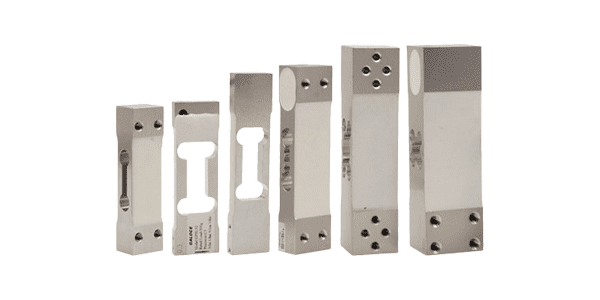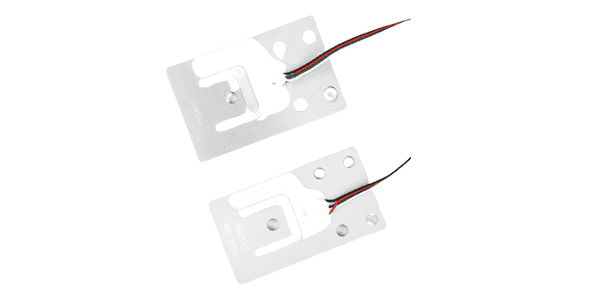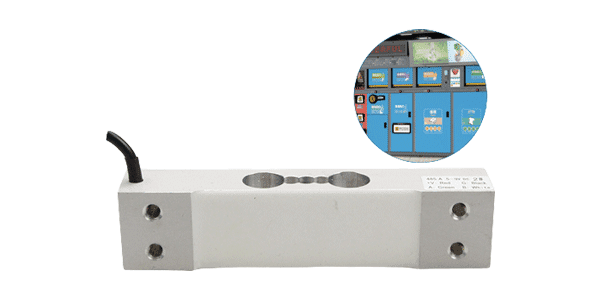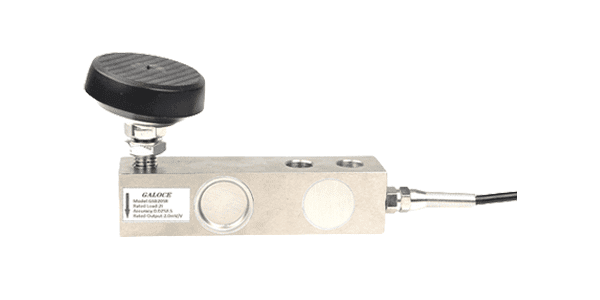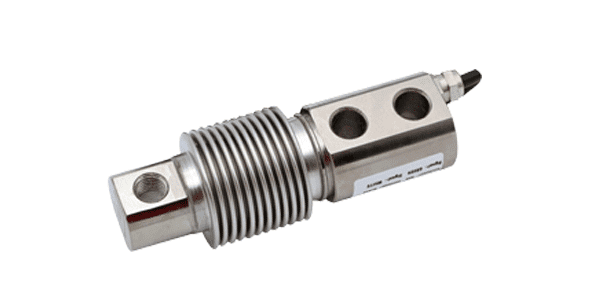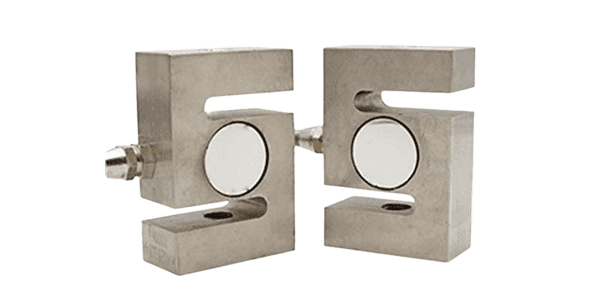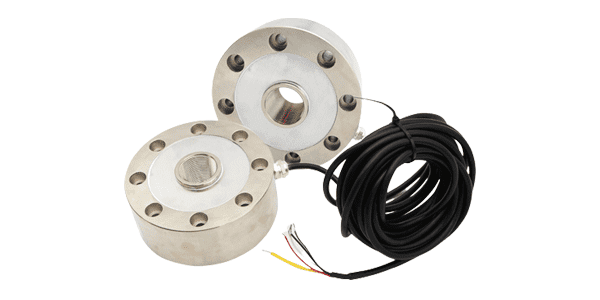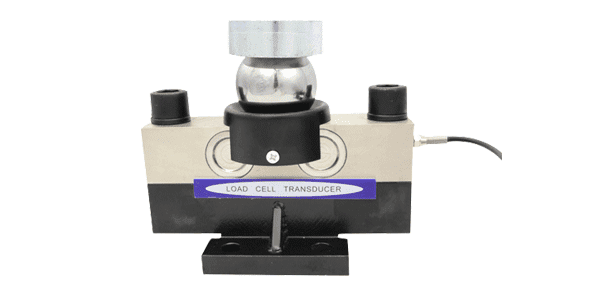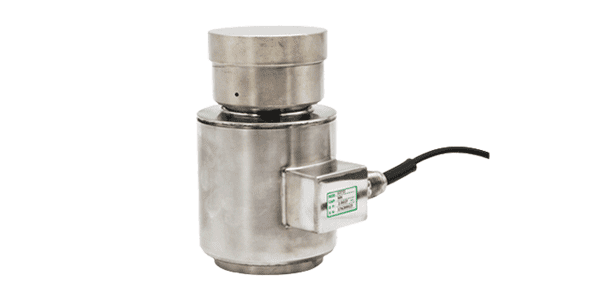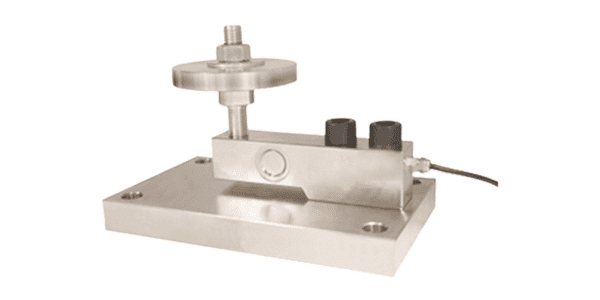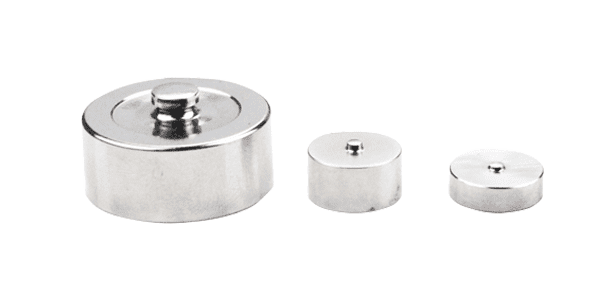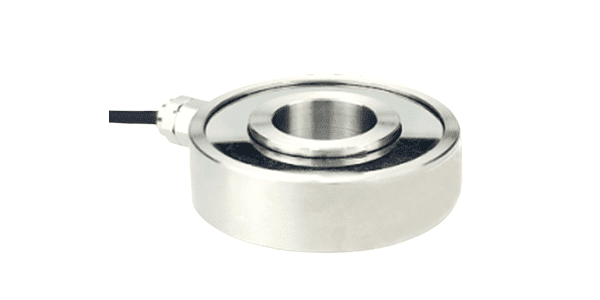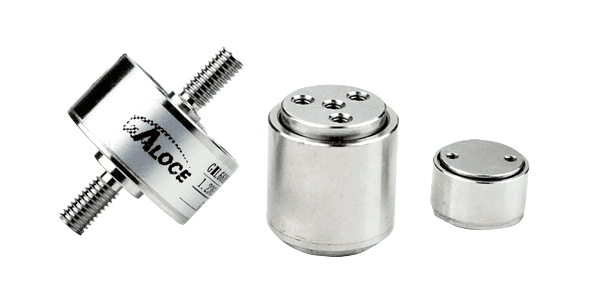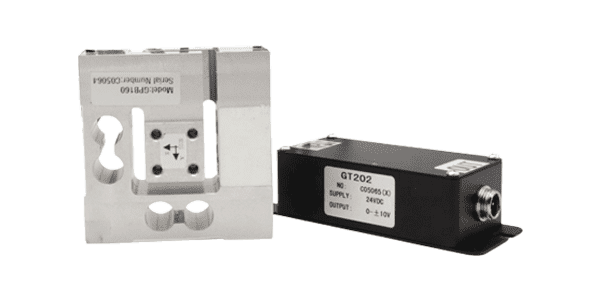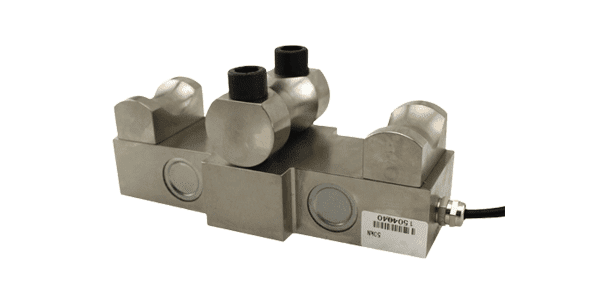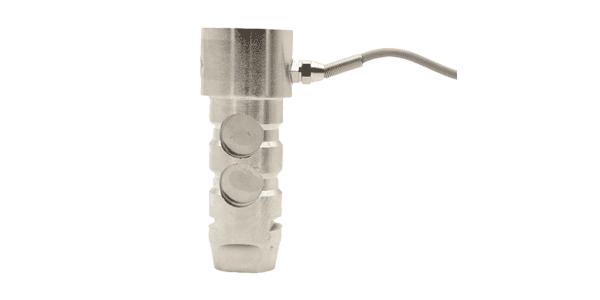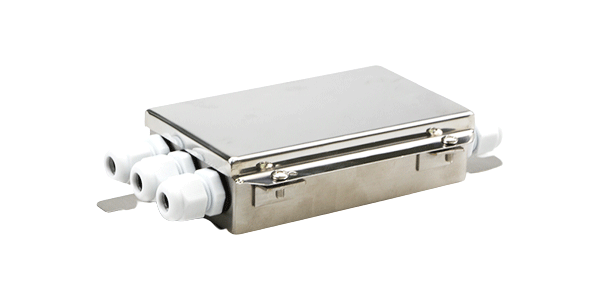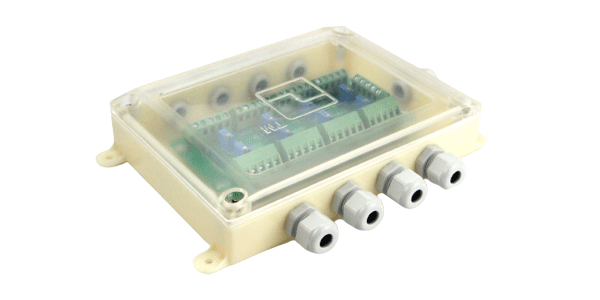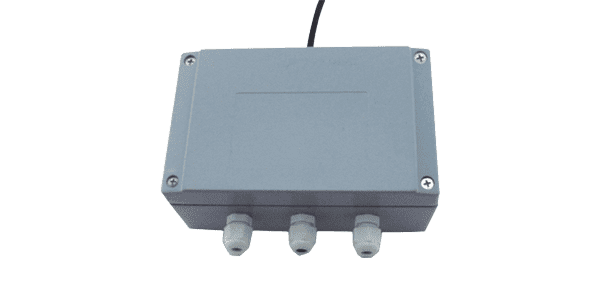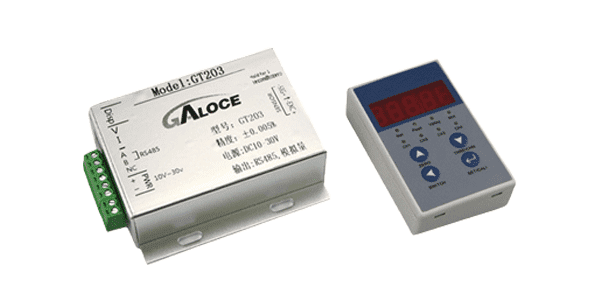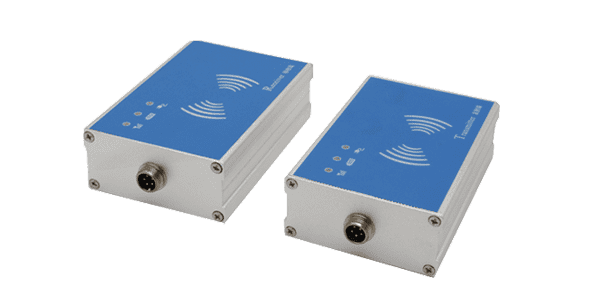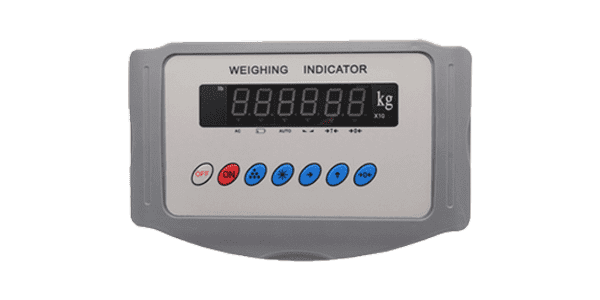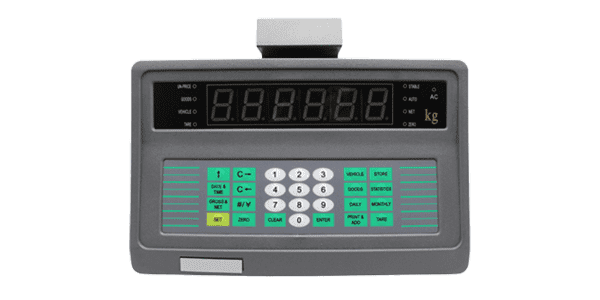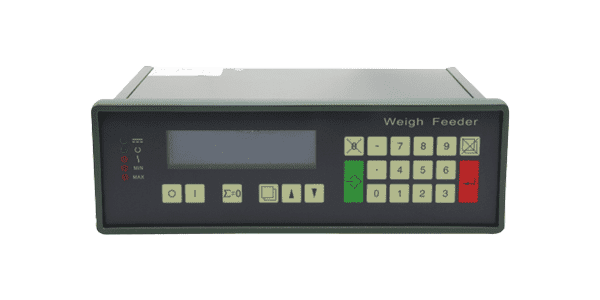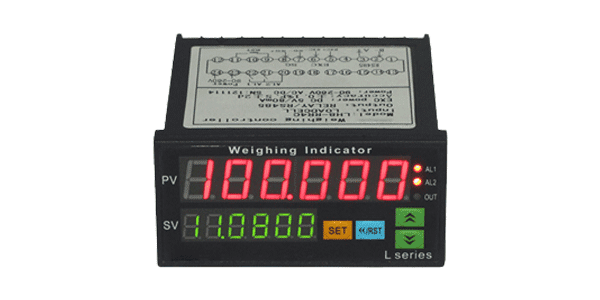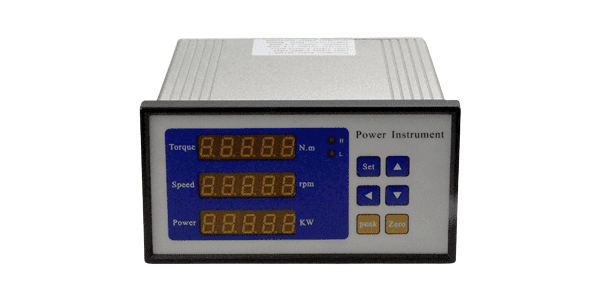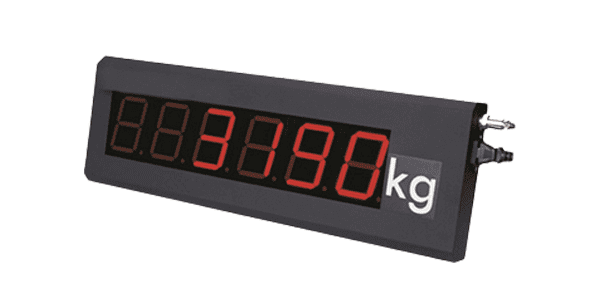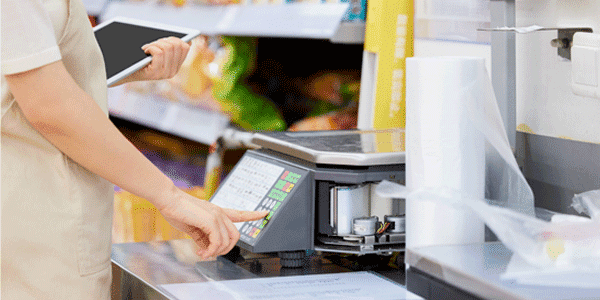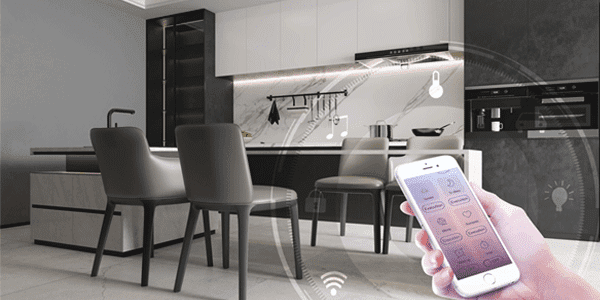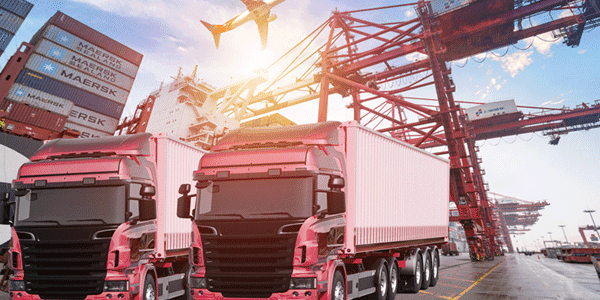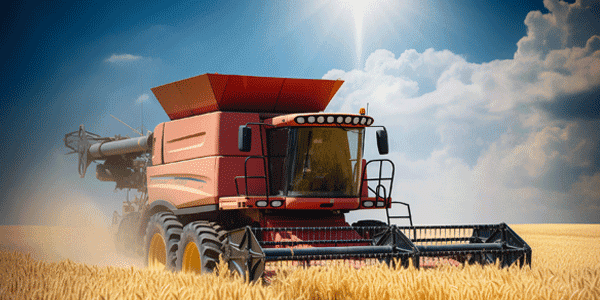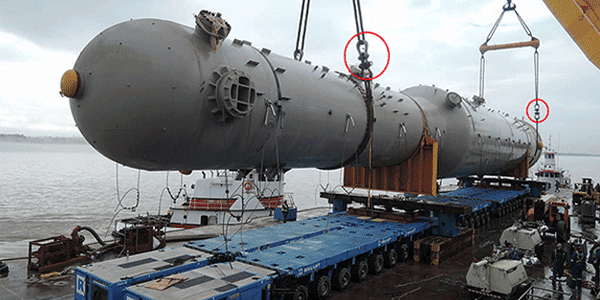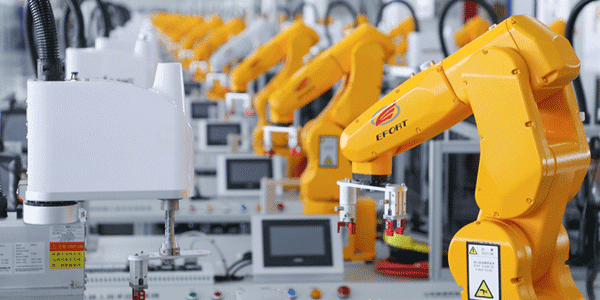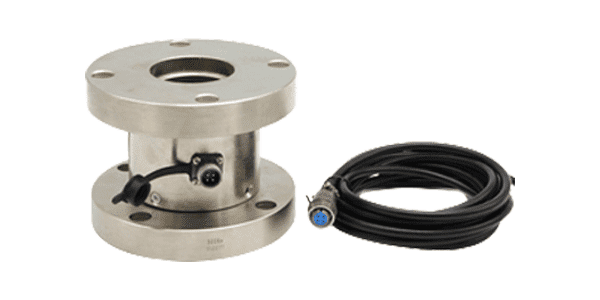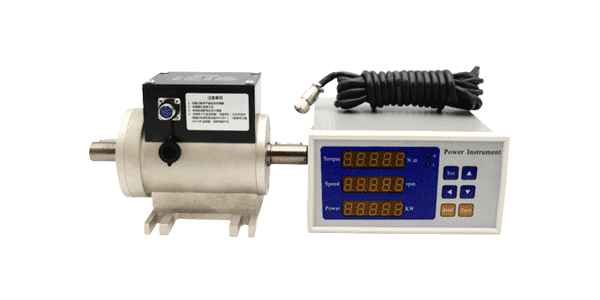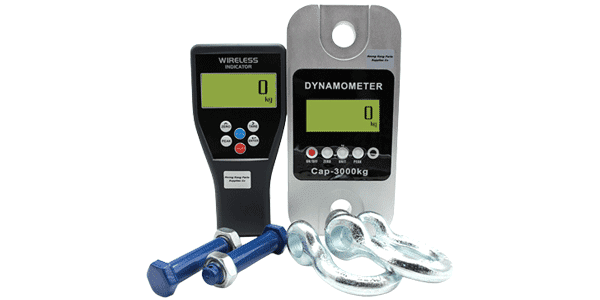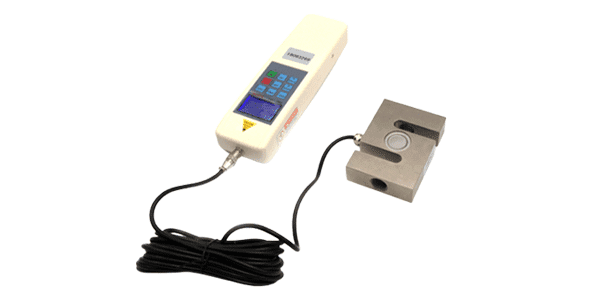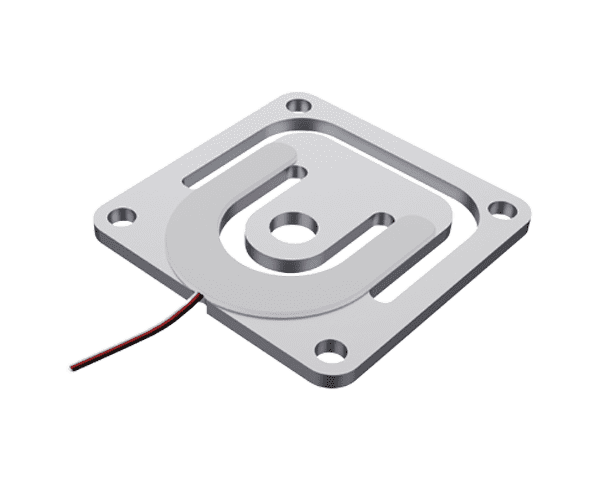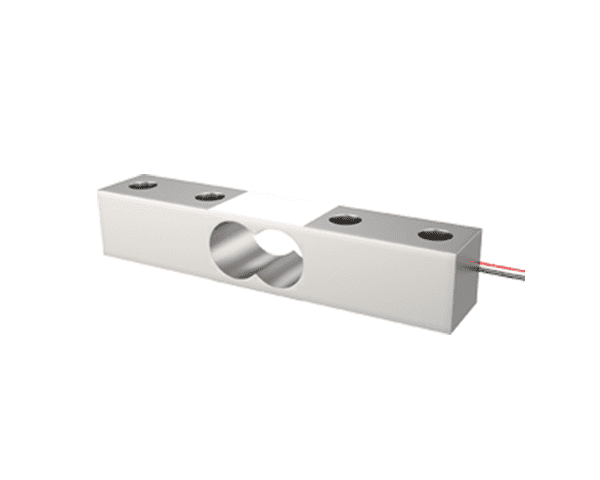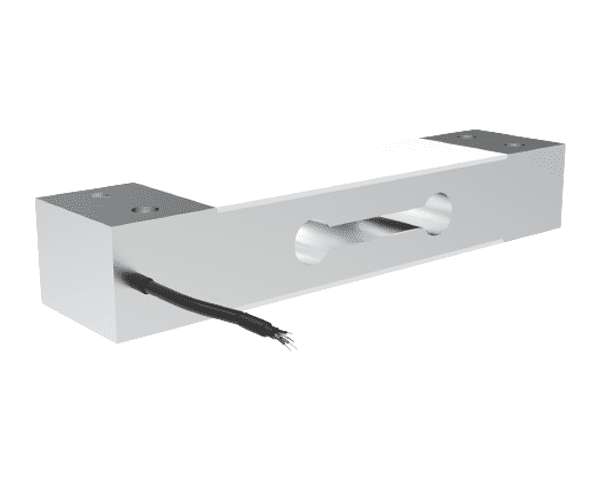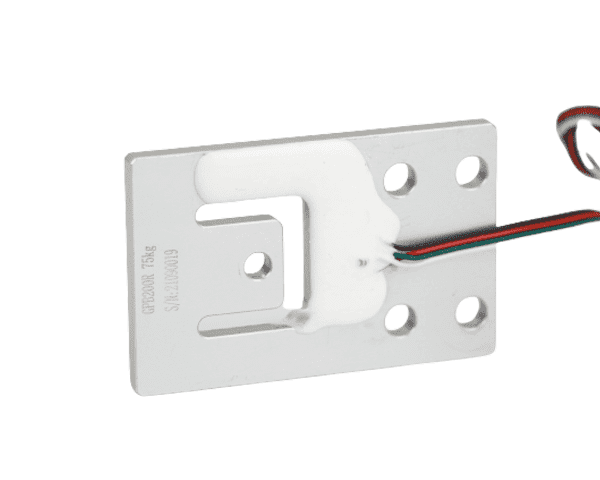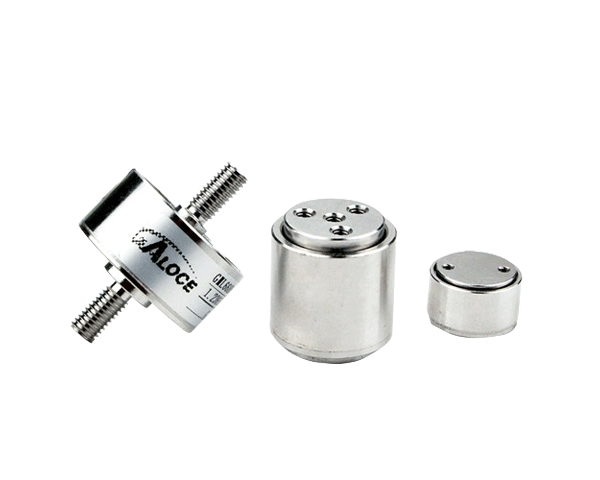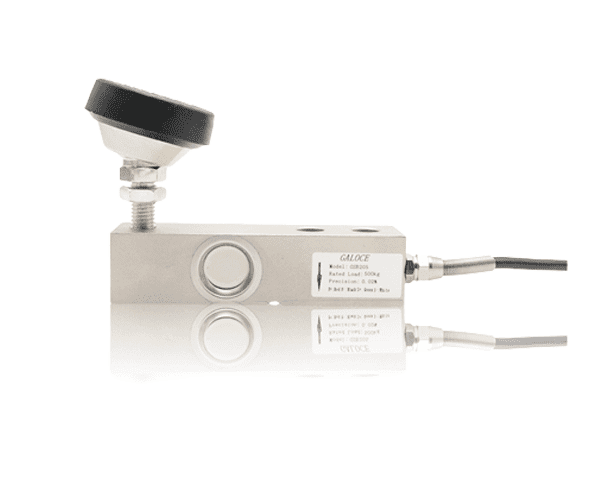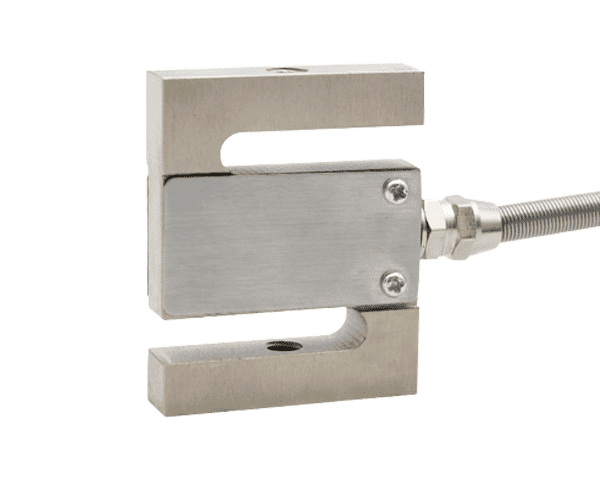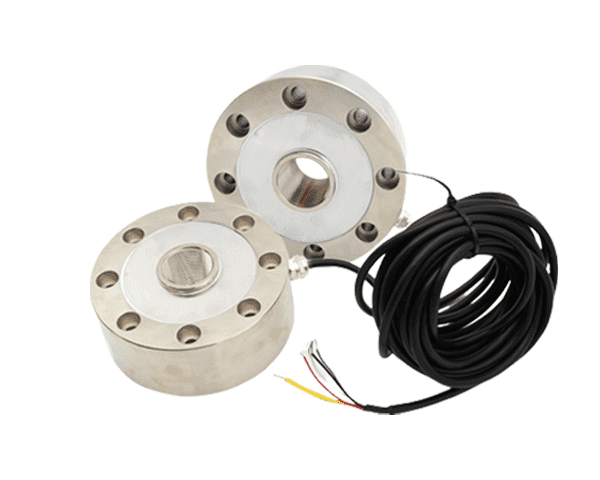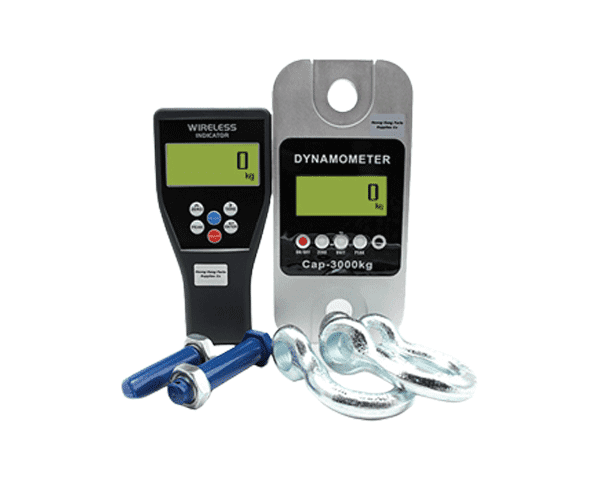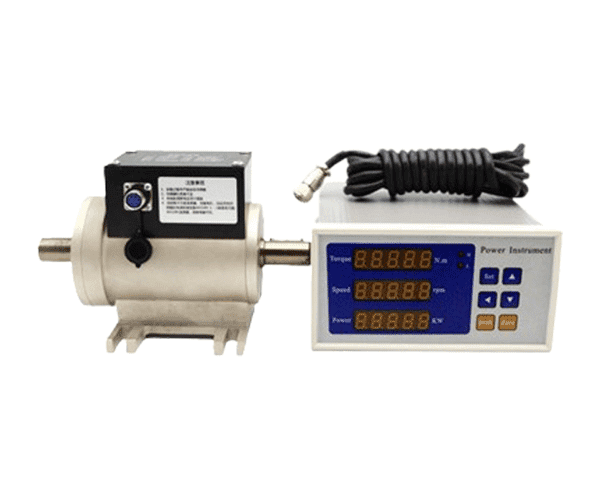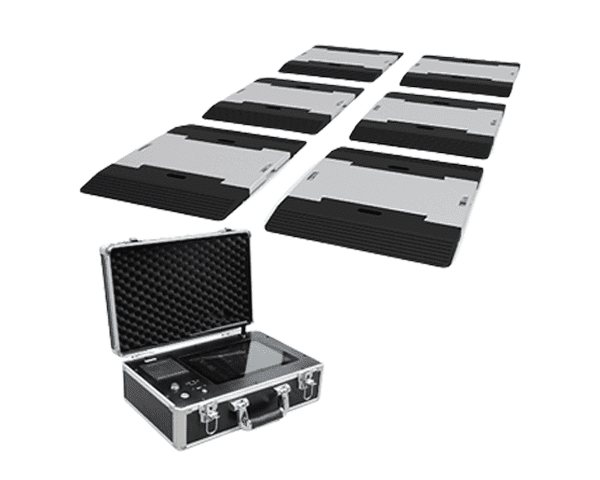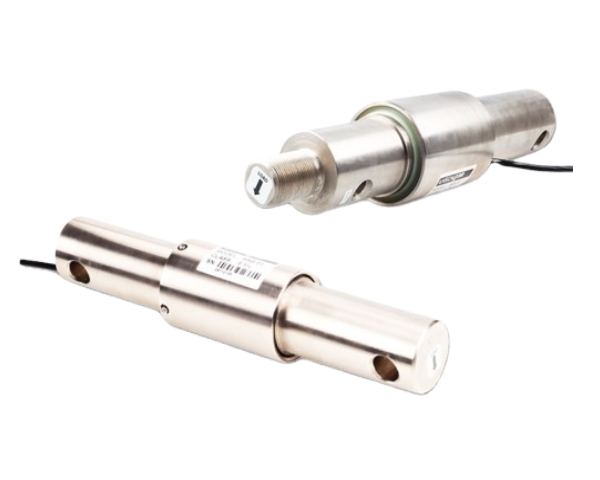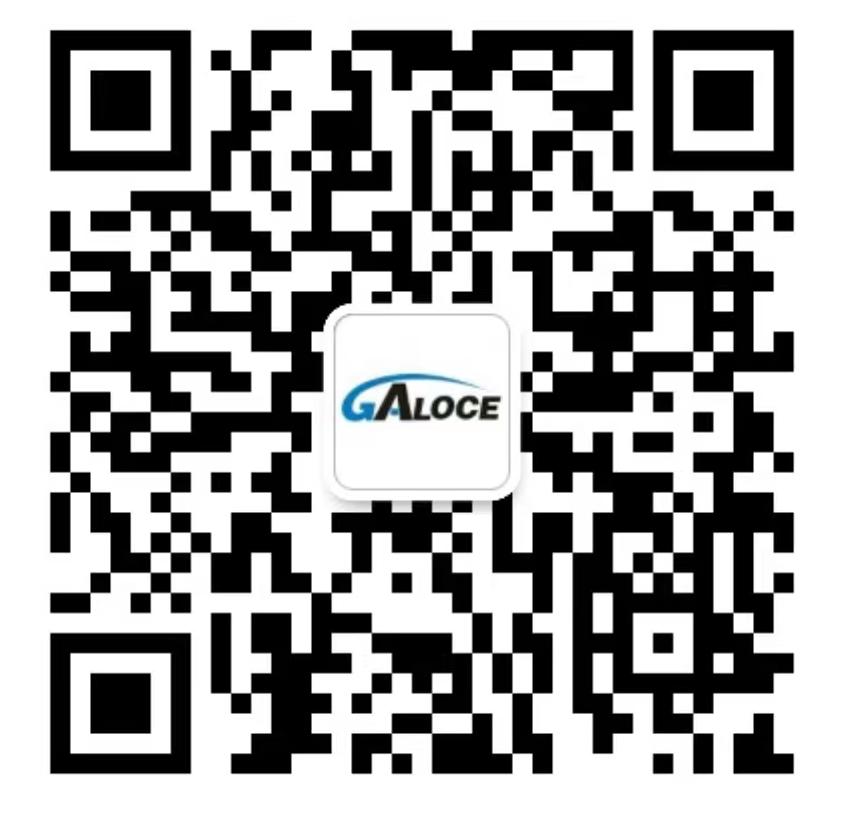Knowing the difference between a load cell and a force sensor is essential when choosing the right tool for accurate measurements. In this blog, we’ll cover the basics, how these devices work, and where they are commonly used. We’ll answer important questions like: What is a load cell? How does it work? And what exactly is a force sensor? We’ll also explain the key differences between load cells and force sensors. Plus, we’ll look at the advantages of using load cells for force measurement and their role in today’s measurement systems.
Load Cell Vs. Force Sensor
A load cell is a specialized device for measuring weight, commonly found in scales and industrial equipment. Think of it as a particular kind of force sensor – while every load cell is a force sensor, not all force sensors are load cells. Regular force sensors have wider applications: they can detect both pulling and pushing forces, and are often used in scenarios requiring quick measurements or handling sudden force changes, like in robotic systems.
What is a load cell?
A load cell is a sensor that converts force or weight into a measurable electrical signal. Typically used in industrial and commercial applications, load cells are essential for applications that require high accuracy and reliability. In understanding what a load cell is, it is important to know that these devices typically work on the principle of strain measurement. Mechanical stresses acting on the load cell cause deformation, which is subsequently converted into an electrical signal that can be accurately measured.
How do load cells work?
To answer the question “how does a load cell work”, it is important to understand that load cells rely on strain gauges bonded to the mechanical structure. When force is applied, deformation changes the resistance of these strain gauges. The change in resistance is then interpreted as an electrical signal proportional to the applied force. This approach provides superior repeatability and accuracy, making load cells the instrument of choice for applications such as industrial weighing and force measurement in research environments.
What is a force sensor?
Many people will ask what a force sensor is. Essentially, a force sensor is any device used to measure force or load. Although sometimes confused, force sensors have different characteristics than load sensors. Force sensors may utilize a variety of sensing technologies, not just strain gauges, such as piezoelectric, capacitive, or optical methods. These sensors are designed for more dynamic or rapid force measurements, where speed and flexibility may be valued over the accuracy typically associated with load sensors.
How to choose the right sensor?
The main controversy within the industry centers on load cells versus force transducers. Load cells are known for their high accuracy and stability, which is critical when using load cells for force measurements. Force transducers, on the other hand, excel in applications that require fast data collection and are subject to transient forces. Both devices have their advantages: load cells offer excellent long-term performance and reliability in static applications, while more advanced force transducers are commonly used in dynamic environments.
When choosing between the two, consideration should be given to the specific requirements of the application, such as the magnitude of the force, the speed of the measurement and the environmental conditions. For example, in applications involving pressure variations on contact surfaces, the stable and repeatable output provided by the load cell may be critical.
When selecting the most appropriate load cell for an application, factors including accuracy, response time, environmental effects and overall durability must be evaluated. Load cells are often preferred for static or quasi-static measurements that require high accuracy over a long period of time. Conversely, applications that require rapid detection of force changes may be better suited for other force sensor technologies.
It is also critical to understand the installation and calibration processes associated with each device. For example, force transducers such as load cells need to be precisely installed and periodically recalibrated to maintain measurement accuracy. These considerations are critical to ensuring reliable data collection and long-term operational success.
Conclusion
In summary, load cells and force transducers play an important role in measuring force in a variety of environments. By understanding what a load cell is and how a load cell works, engineers and technicians can make informed decisions about the application of load cells versus force sensors. Whether you choose the accuracy of a load cell or the flexibility of another force transducer, the right choice will depend on the specific needs of your operating environment.
This article is designed to help you make informed decisions when selecting the ideal load cell technology for your application needs. Please do not hesitate to contact us with any additional questions.
HOT keyword:
